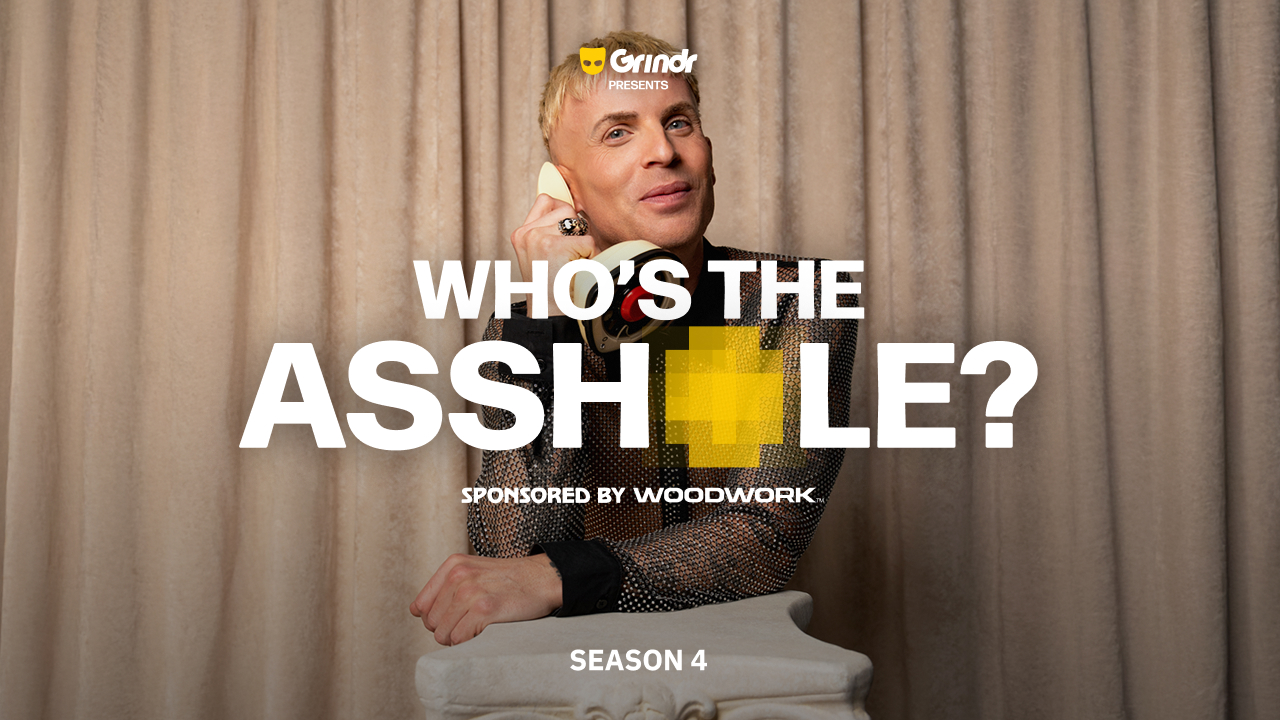Hope, Clarity, and Tenacity: Advancing Marriage Equality from Vilnius to the World
.webp)

Last week in Vilnius, Lithuania, advocates from Latvia, Lithuania, Poland, Czechia, Hungary, Romania, and Croatia gathered for a regional summit led by Freedom to Marry Global, a 2025 Grindr for Equality Award recipient. The goal was both simple and profound: to accelerate progress toward marriage equality in a region where LGBTQ+ love is still denied legal recognition.
From Visibility to Strategy
Held alongside the ILGA-Europe Annual Conference, which convened hundreds of LGBTQ+ activists, policymakers, and allies from across the continent, the summit offered a focused space for countries still fighting for a fundamental recognition of all — the right to marry the person you love.
The atmosphere at the summit was hopeful but strategic. Conversations ranged from legal advocacy and digital mobilization, to public education and coalition-building. Participants worked through case studies, campaign planning exercises, and shared legal strategies tailored to each country’s realities. Sessions focused on building effective messaging for conservative contexts, engaging policymakers through EU frameworks, and leveraging digital platforms like Grindr to strengthen visibility and coordination across borders. This level of rigor reflects what Grindr for Equality’s annual awards are designed to support — serious, in-depth convenings that help local movements move from visibility to strategy to execution. As a 2025 awardee, Freedom to Marry Global exemplifies how sustained investment in cross-regional collaboration can accelerate progress far beyond any single campaign.
Threading every exchange were three words offered by Evan Wolfson, founder of Freedom to Marry Global, “Hope, Clarity, and Tenacity.” These, he said, are the qualities that won marriage equality in the United States—and the ones we need most moving forward. Together, they serve as both mantra and map, guiding not only future possibilities but also the change already in motion.
Signs of Progress Across the Region
Lithuania continues to debate a civil-union bill, yet as recently as this past summer, 15–20 same-sex couples have already gained some form of legal recognition through the courts as a result of the April 2025 landmark Constitutional Court decision affirming that same-sex couples cannot be excluded from civil partnership. Latvia’s Saeima passed legislation in November 2023 establishing a civil partnership system including same-sex couples. Since the law went into effect in July 2024, hundreds of same-sex couples have shared in many basic, fundamental protections, while the fight for additional protections and the freedom to marry continues on. In Ukraine, a court in Kyiv recently recognized a same-sex couple as family for the first time in the country’s history — an extraordinary step forward in a country at war. The EU Advocate General urged Poland to extend free-movement rights to same-sex spouses on equal terms with heterosexual couples, with a related decision from the European Court of Justice expected to be released before the end of 2025. Czechia’s enhanced civil partnership law went into effect in January,in part catalyzed by funding from Grindr, while advocates continue pushing for full marriage. And of course, Estonia’s legalization of same-sex marriage that took effect in 2024 stands as the region’s clearest sign that the movement is not only alive but moving forward.
Despite oppressive political winds, advocates in the room are creating momentum for our movement, one country, one case at a time. Among their allies is Grindr for Equality — Grindr’s social-impact initiative advancing LGBTQ+ health, safety, and human rights globally.
For Grindr, marriage equality is not an abstract ideal but a core priority that affects the daily lives of millions of our users. A 2024 Grindr survey revealed that a vast majority of gay and bisexual men who are seeking relationships say they ultimately want to get married. Legal recognition determines access to healthcare, parental and immigration rights, and the ability to make decisions for the person you love. But it also does something less easily quantified: it expands the horizon of what’s possible — affirming that gay, bi, and trans people can build families, form lasting partnerships, raise children, and live with the same joy and sense of belonging as anyone else. Grindr is not only a place where connections begin; it’s a place where people can imagine a future surrounded by people they love.
Determination Grounded in Progress
As the Vilnius summit concluded, the feeling in the room was one of determination grounded in progress. Participants left with clearer legislative roadmaps, new avenues for regional coordination, and renewed energy to embed marriage equality into broader human rights frameworks. For Grindr for Equality, this collaboration reaffirmed that advancing LGBTQ+ rights is as much about policy and partnership as it is about visibility and voice.
In a world where progress often comes inch by inch, the message from Vilnius — and from the broader ILGA-Europe gathering — was unmistakable: the movement is still winning. And it will continue to win not by hope alone, but by the clarity of purpose and the tenacity of those who refuse to let love be limited.









.jpg)
.gif)
.gif)
.png)


.jpg)









